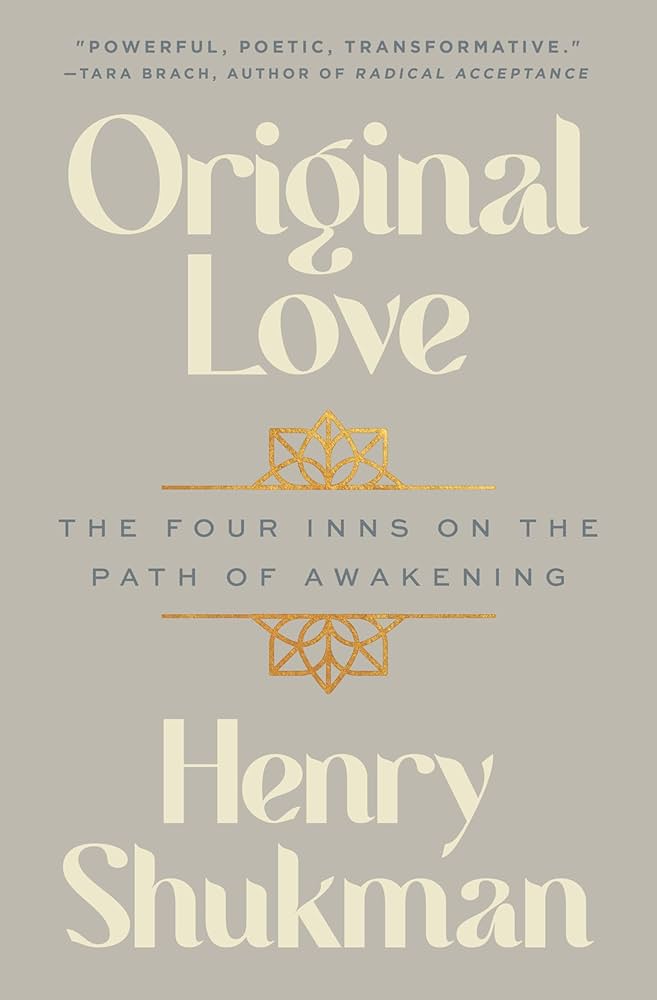Original Love


Finished — 2024-11-11
Started — 2024-08-16
Shukman has been my main conduit to Zen, and I’ve recently shifted from Sam Harris’s Waking Up course to his The Way course for a more focusedly Zen-based practice. I picked this up at the Elliott Bay Bookstore in Seattle, partly to have an excuse to look around for something there on my second visit in two nights, during a precious two-night stay there for work, my first time really spending time in the city since moving away eight years ago. This was a fine tour of the concepts undergirding the practices of The Way, and left me with even more of an appetite to find the right text for getting deeply into kōans, preferably in (modern) Japanese. I’ll treasure the memory of reading this with Robert Wyatt’s Comicopera in my AirPods at the Kanamachi McDonald’s, where I’d stopped for a maximally quick meal before picking up my kid at school: the pleasant discord of the Wyatt particularly amenable to blending with the background music and advertisements — logos and mythos; mind and soul.
Some say other life-forms are practicing too: trees are masters of stillness, fortitude, and graceful acceptance, and whales move through the seas suspended in oceanic awareness, communicating with one another across vast distances. Even smaller creatures move through their lives with the focus and intention of master meditators: ants tirelessly follow the call of their nature, and mice, moths, and patient cattle all practice and implicitly trust the life they are given.
We were hungry for inspiration. We tracked the contemporary poets we loved and then tracked the thread back to the poets they had loved: to Ezra Pound, Hilda Doolittle, and the Imagist poets of London just before the First World War. From them, we followed their provenance back to Wordsworth and Shakespeare, but also to ancient China, to the Tang dynasty poets they had loved and translated to Hanshan, the “Cold Mountain” poet, and Tu Fu, Li Po, and Wang Wei, who had wandered the ravines and cloud-wrapped peaks of the Middle Kingdom, stalked by vagabonds and monks who had given up on urban life and taken to the hills. There, entranced by lakes and streams, gazing at waterfall, drifting deep into the forests or high into the mountains, they wrote their clearest poetry. They drank wine and shed tears for lost friends. They also sat still in meditation, losing themselves, dissolving their minds into the peaks, becoming part of the land itself.
Instead, there is just this. Boundless. Perfect. Fully realized, fulfilled. Totally accomplished already. You. You yourself. Forever this. If you don’t feel the love, if you’re not quite getting it yet, then no worries. All of us will. We surely will.
So why is emptiness about love? It sounds more like the absence of anything at all, including love. There are two possible answers here. The first is that our human response to finding this basic emptiness is an eruption of joy. It triggers a state of blessedness. It’s like finding that all our life has ever been is an unconditional goodness. Somehow, stripped of all its show and disguises, bare existing itself is an unalloyed goodness. As if the most basic reality of all, beneath and behind every other, is a total absence, and to touch or taste it is to find the ultimate relief from all suffering. It is to find a truth that can’t be reduced or damaged or corrupted in any way. And it is to find that it is the ultimate core of our being. All else — all our life — is secondary.